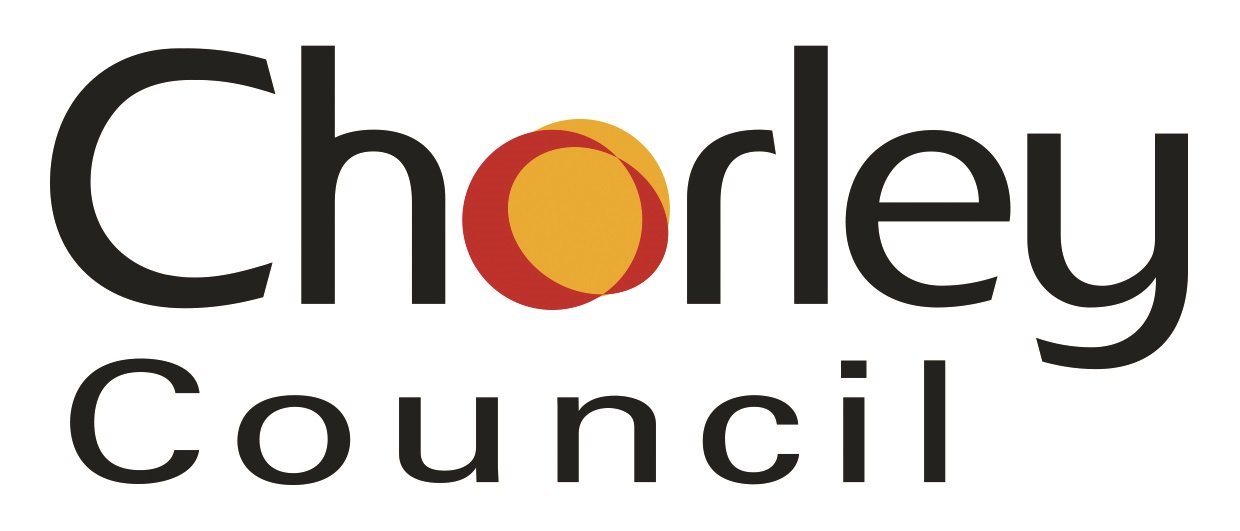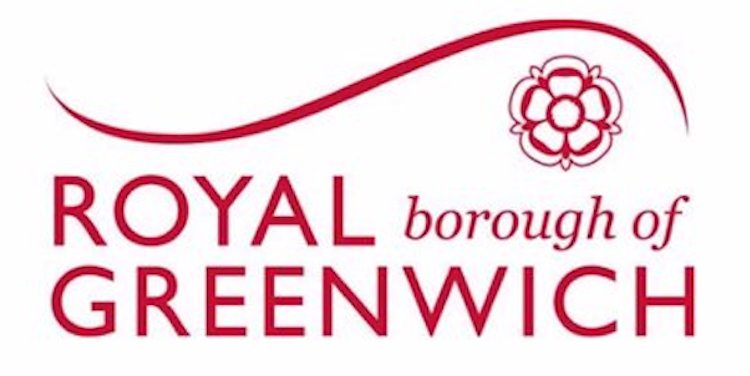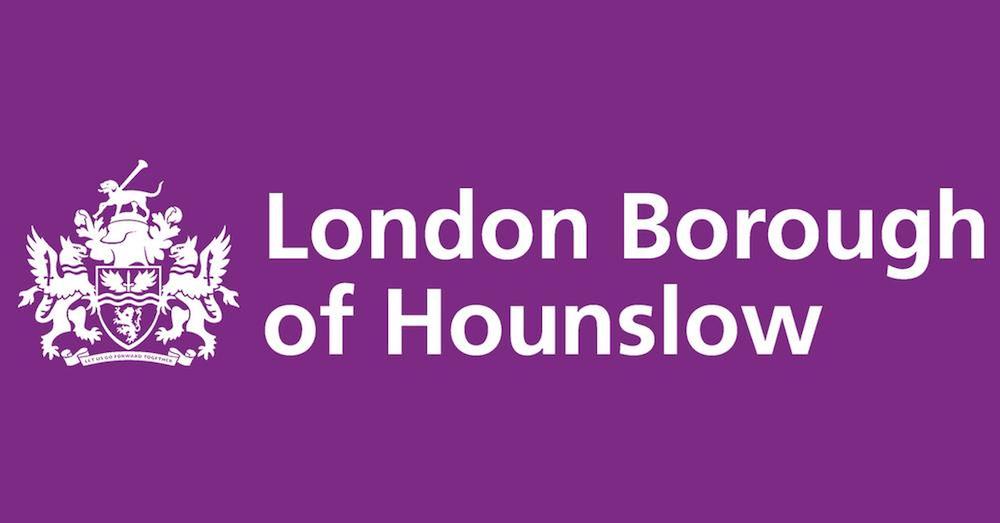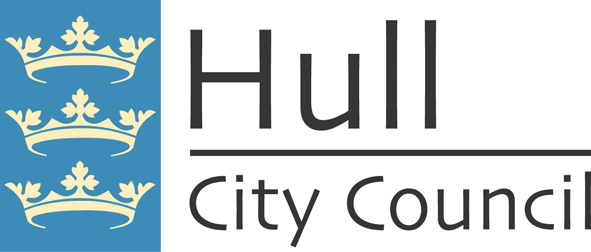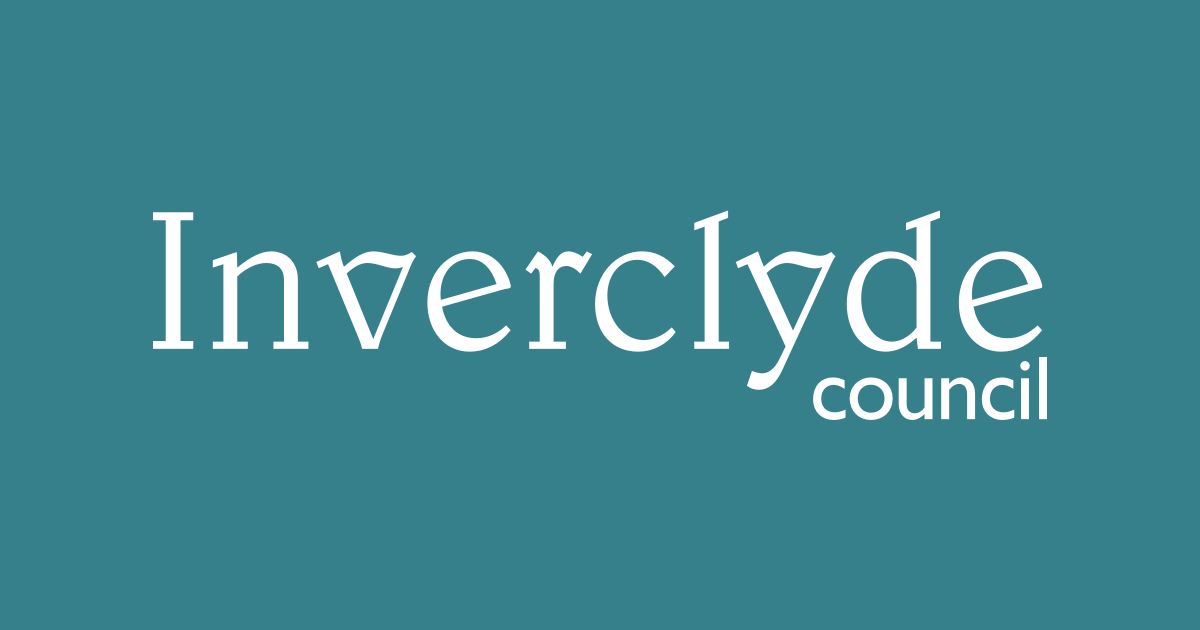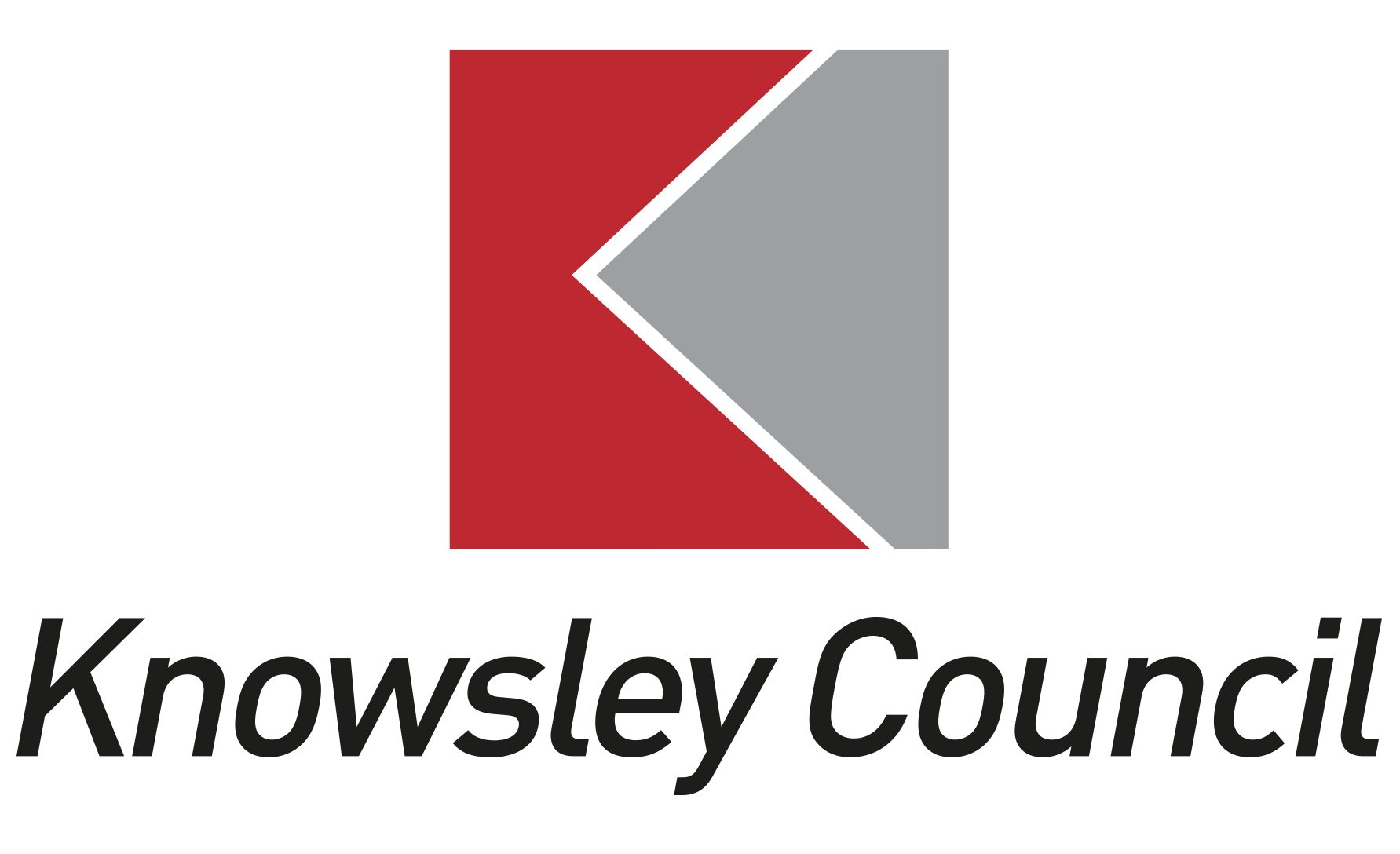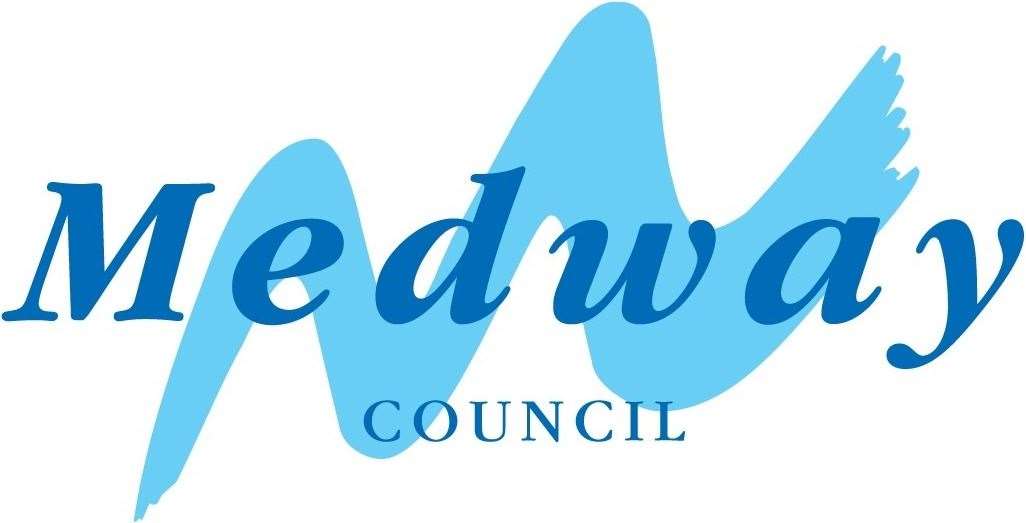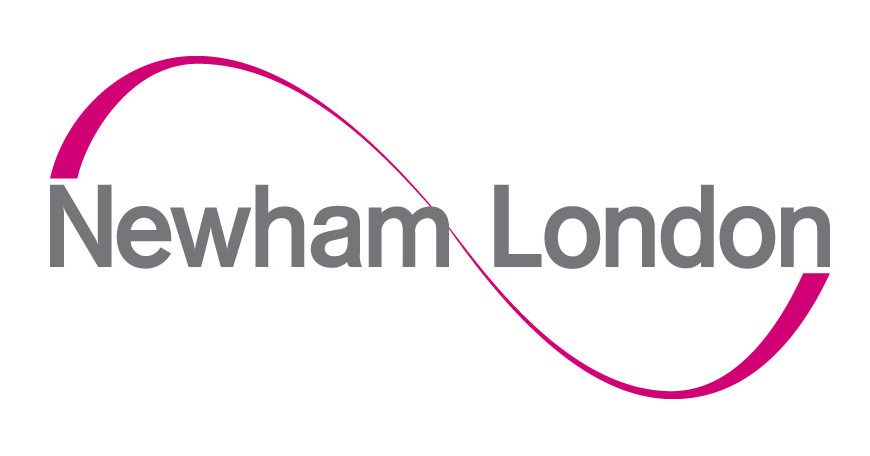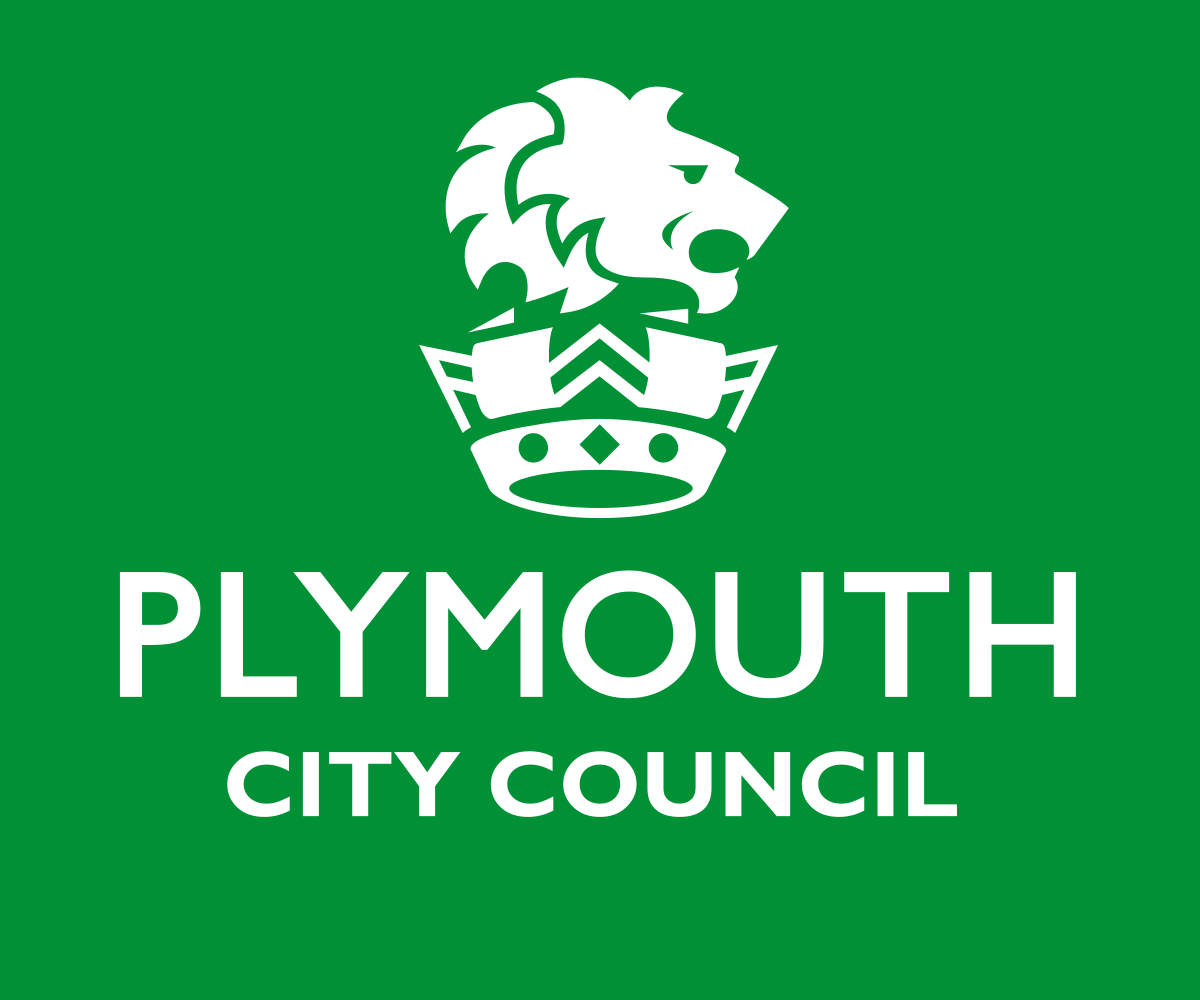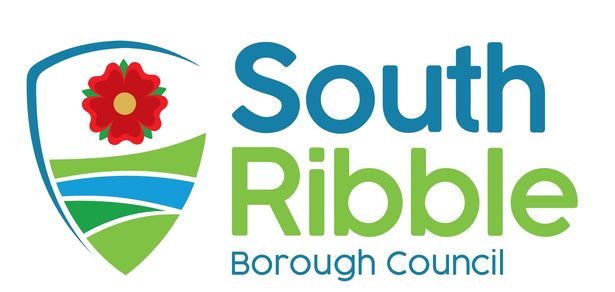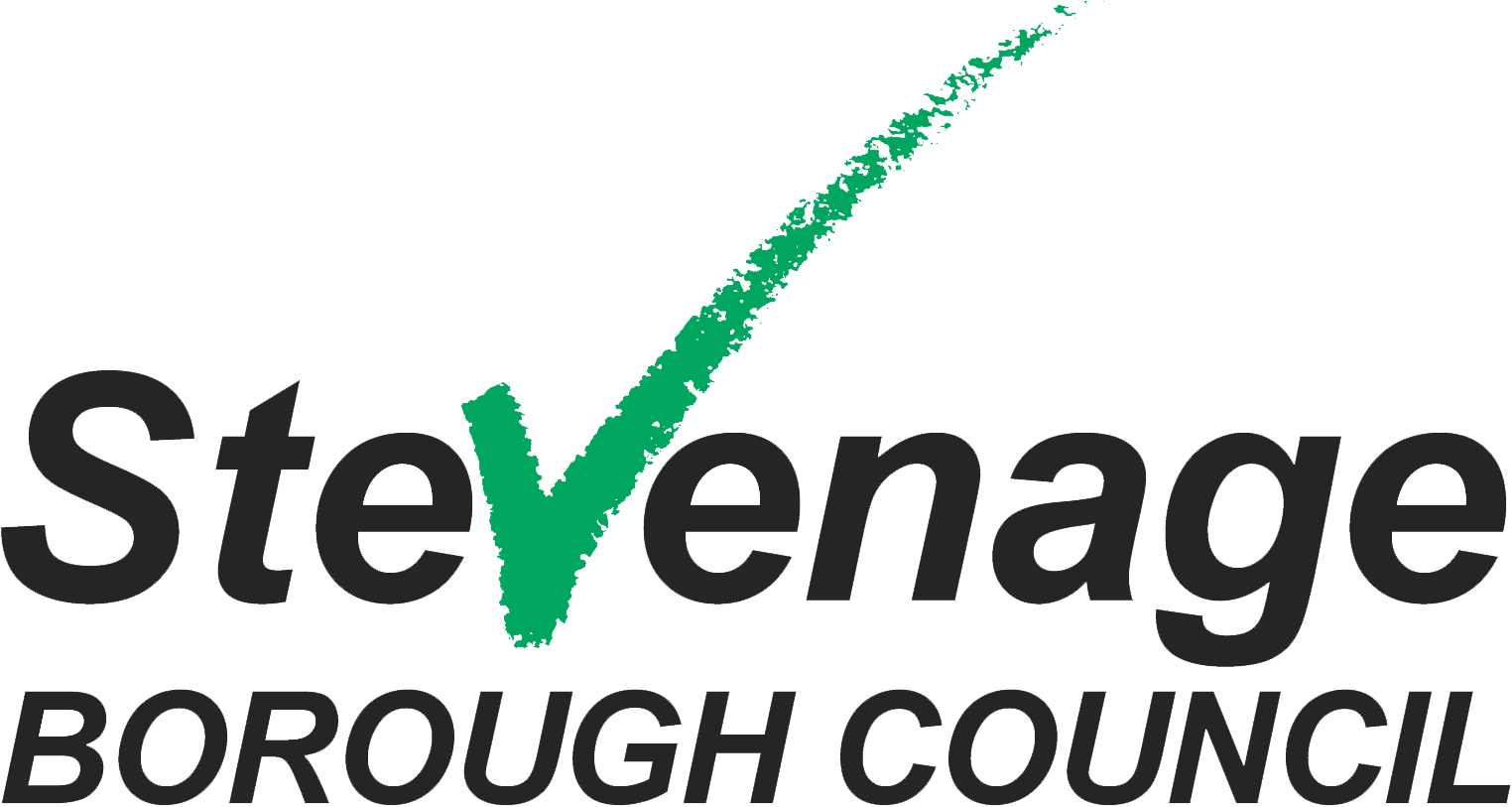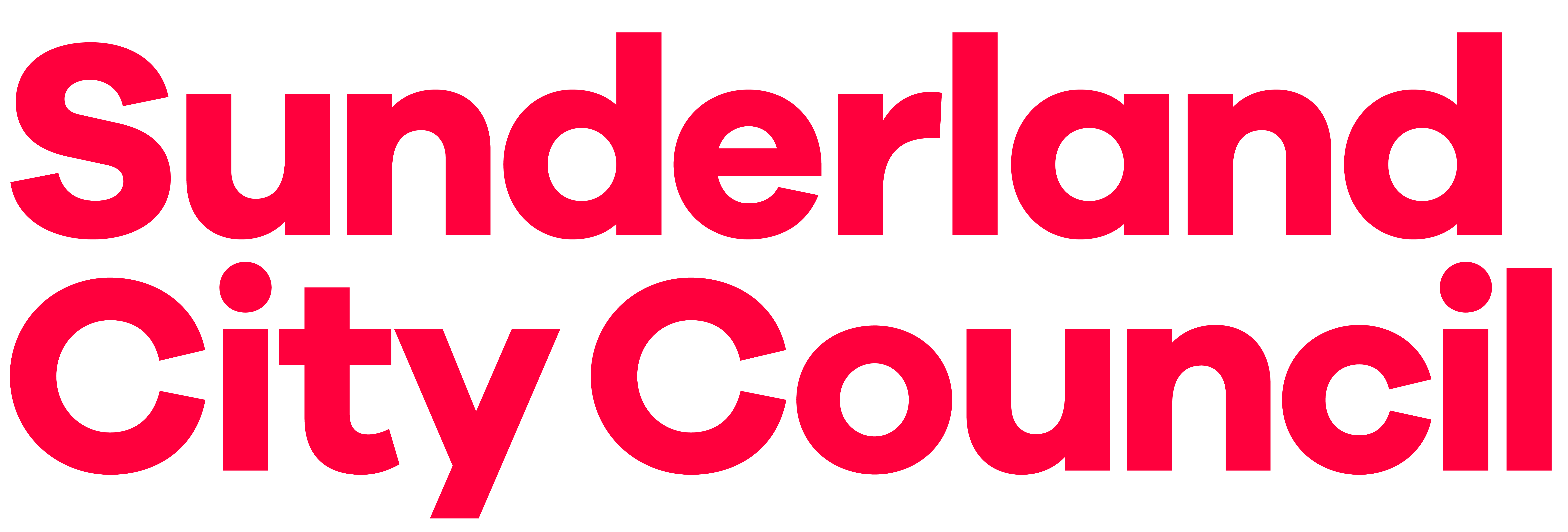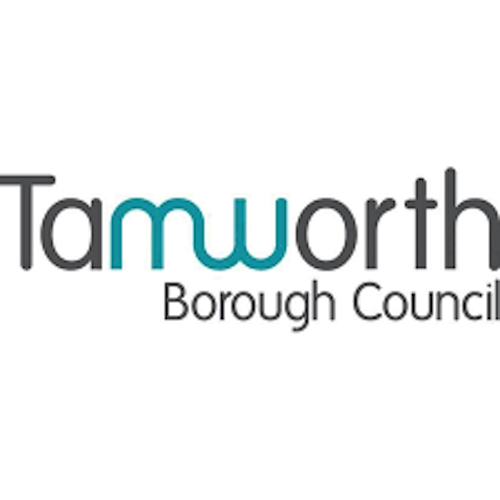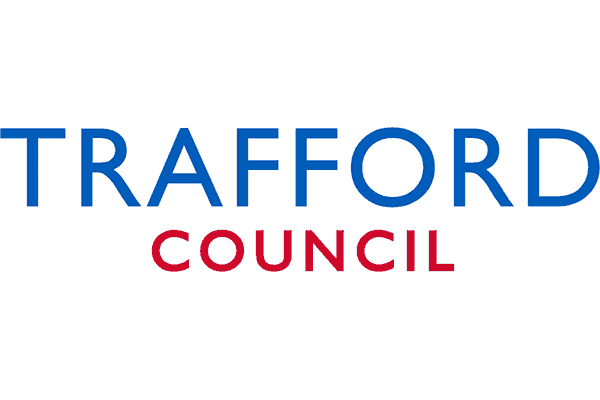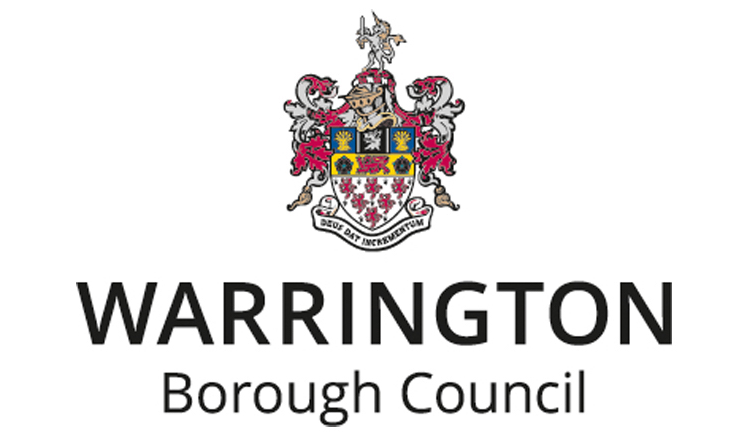Increasing awareness and understanding is essential to seeing cooperative development move forward. Before trying to tackle this you will need to have identified who your stakeholders and partners are and be aware that this group may evolve as your collective understanding of cooperatives and the local needs and opportunities grows and crystalises. As your stakeholders change and you move through phases of work, you will likely need to revisit this topic.
Dealing with finite resources will mean you need to consider where to invest in increasing awareness. This may mean working across a broad group to achieve a relatively shallow understanding or may mean focusing on a more closely defined group to achieve deeper understanding. It may be necessary to combine a bit of both. Firstly, if there is very low understanding of cooperatives by residents there will be no demand for specialist business startup support you provide. Secondly, staff developing services will be significantly aided in developing and implementing services or policy changes if their colleagues have at least some understanding of cooperatives and why the Council is pursuing them.
Local Authority and Combined Authority
You will almost certainly need to begin by increasing awareness with colleagues within the Council and your combined authority or county council.
Staff in frontline roles within the council and other public services working with residents, community organisations, businesses and start-up enquiries often have little or no knowledge, or may have misconceptions of cooperatives. As an early step those in such public-facing roles should as a minimum be equipped with sufficient knowledge to respond constructively to enquiries, and be able to refer people to a suitable source of further advice or information.
You may wish to build understanding by using:
- Lead discussions drawing on some of the material from the coop background slide pack.
- Coop Option Training provided by Stir to Action for local authority and combined authority officers. There are three sessions: Introduction, Legal Structures Deep Dive and Finance Deep Dive.
- Some or all of the Coop Case Studies developed for this project or by developing case studies of local or particularly relevant coops using the blank case study template.
- Incorporating some of the evidence from the Realist Rapid Evidence Review conducted for this project from the full report or the 2-page policy briefing.
- Cooperatives UK’s ‘More than a shop’ podcast.
- Participate in or watch previous webinars by Cooperatives UK and other organisations. Cooperatives UK’s past webinars can be found on the resources page of their website.
Residents, Activists and Entrepreneurs
Raising awareness with residents, activists on a range of topics where cooperatives may present relevant solutions, and (particularly socially minded) entrepreneurs will often require different resources. While some of those mentioned above may still be relevant for this group there are others that may fit the bill better:
- The Barefoot co-operative development programme developed by Co-op Culture and now delivered by Stir to Action provides knowledge and skills to people who already have experience of managing a co-operative or community business and want to support other people/organisations to start and grow. Councils might wish to fund or subsidise one or more places in order to boost the skills of local cooperative champions or activists as a way of building capacity locally.
- Organise a ‘Is a co-op right for you’ seminar/workshop for a particular or general audience using the resources from this Cooperatives UK webinar.
- Cooperatives UK, commonly working in partnership with a local cooperative or network/group of local cooperatives, organise Co-op Connections events which can be helpful in bringing people together who are involved in cooperatives in a given locality. These events are generally co-designed and could easily include a wider group of participants as part of an awareness raising programme.
- YOUcoope is a European project which aims to encourage educational institutions to include the co-operative model in their curricula
- The Synergia Institute run a free and well-regarded MOOC (Massive Online Open Courses) learning programme each year around the theme of developing co-operative commonwealth.
Professional services
Accountants and solicitors form an important part of your local business ecosystem. While there are a small number of firms around the country specialised in cooperatives, the majority of professional services firms and professionals will have little or no experience of working with cooperatives. This means that it is highly unlikely that someone wishing to set up a business will be encouraged to establish as a cooperative even if this is most appropriate model.
You may wish to reach out to individual firms or through professional bodies to organise a webinar, participate in a networking event, or similar to present on the theme. Some of the resources listed for LA and CA colleagues above are likely to provide a helpful basis for this.
Creating a Cooperative Calendar
If you plan to embark on an awareness campaign you may want to use key dates in the calendar. Drawing on the Awareness Raising resource created by Plymouth City Council, the most relevant of these are:
- June – Co-op Fortnight
- Every Year, across the UK co-operatives work together to celebrate, show the power of co-operation and promote coops. The fortnight runs from the last week in June to the first week in July and ends with International Day of Co-operatives.
- Place-based programmes of events can be run with partner organisations across the locality, both on the ground and online, through social media.
- A programme might include; running a workshop about Employee Ownership, a celebratory breakfast to highlight cooperatives in your area, attending large events for the public and having resources to engage in conversation to raise awareness, partnering with other agencies for events.
- November – Social Enterprise Day
- Social Enterprise Day is run every year as part of Global Entrepreneurship week in November.
- In some cities, this is an opportunity to host a week-long Festival to celebrate social enterprises.
- Local Annual Business Awards
- Across the UK, local business awards increasingly include categories for community support and social responsibility providing a good opportunity to publicise nominations of your local co-ops.
Coop Study Visits
If there are cooperatives in your area or close by, this can be useful in terms of pointing to something tangible and saying: ‘there is one over here and it works well’. You may be able to organise a visit or series of visits which a mix of stakeholders can participate in whether policy makers, business growth advisors or potential cooperators. Building these visits around a tour of the business and presentations from cooperative members and leaders allows people to see and hear for themselves and learn directly.
A series of coop visits like this was put together as part of Business for Good West Yorkshire. The list of cooperatives visited is available here.
You might wish to fund a study visit further afield in another part of the country or even outside the UK based around a particularly impressive and inspiring coop or collection of coops, or where a coop is particularly relevant to what you want to see develop locally. CCIN has to date funded two such trips, one to Mondragon and another to Emilia Romagna. A number of local cooperatives also featured prominently within the 2023 CCIN Conference programme in Sunderland.
Useful resources:
- West Yorkshire study visit series: programme.
- Mondragon study visit: various resources can be found here including the programme for the visit and a presentation of key learning to the CCIN Officers Group.
- Emilia Romagna study visit: the programme for the visit, all presentations and other resources can be found here. A brief overview of the visit was included in the April 2024 CCIN Newsletter.








